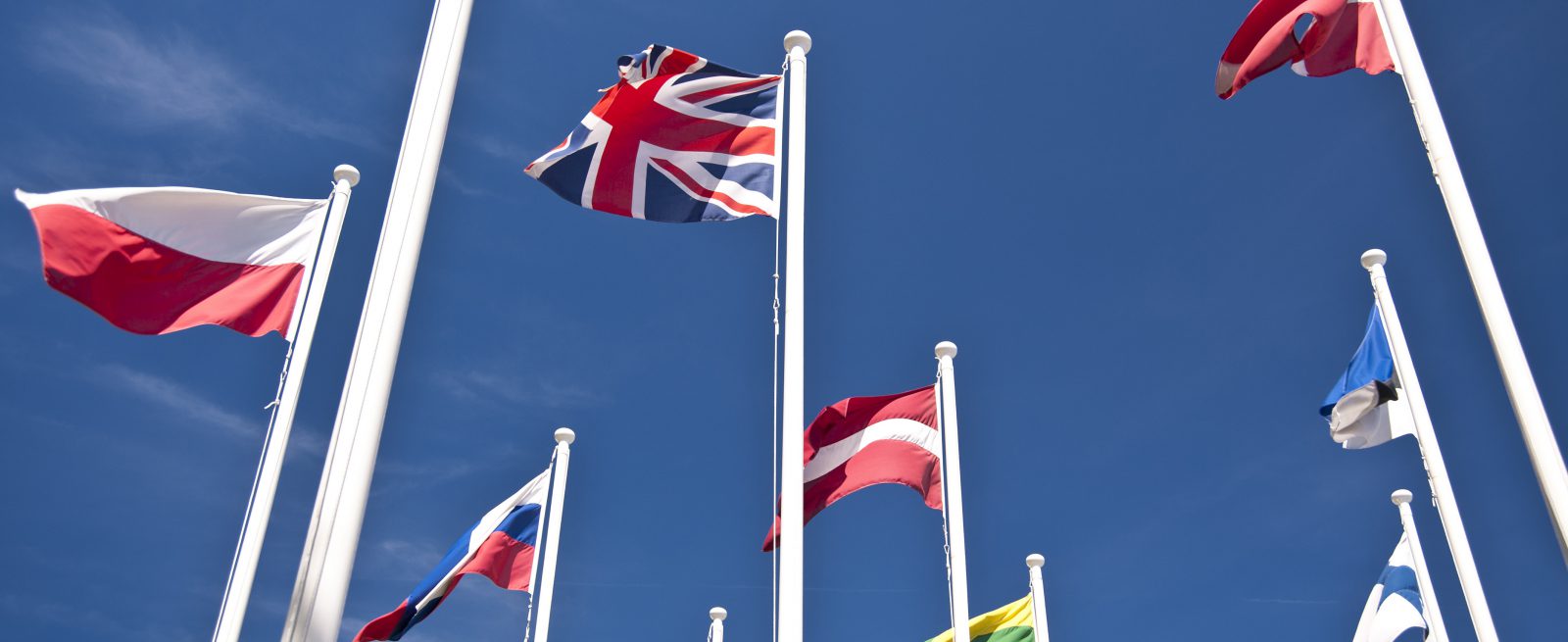What Does Brexit Mean for Franchisors?
3 Min Read By Thomas M. Pitegoff
The coming negotiation over the specifics of the UK’s departure from the EU is an unfortunate necessity that follows from the UK’s “leave” vote on June 23, 2016. It is too early to know what the relationship between the UK and the EU will be once the UK actually leaves the EU, or indeed, whether there might be a way to reverse the vote. For now, the laws remain unchanged. The actual changes may take two years or more to work out, depending on when the UK notifies the EU of its departure pursuant to Article 50 of the Lisbon Treaty.
How Brexit will eventually affect franchising in the UK and the EU is anyone’s guess.
If those in the UK who are expressing regret today work to maintain a close relationship with the EU without actually reversing the Brexit vote, the approach might be similar to that of Iceland, Liechtenstein and Norway. Those countries are not EU members. They are members of the European Free Trade Association (EFTA) and European Economic Area Agreement (EEA). The UK could join these countries and continue its participation in the EU single market. But it would require the UK to make large payments into the EU budget and to allow for the free movement of labor. At this point, the UK may not be ready to accept those conditions. Switzerland is also an EFTA member, but has its own agreement with the EU on trade instead of the EEA Agreement.
How Brexit will eventually affect franchising in the UK and the EU is anyone’s guess. Of all the possible Brexit consequences, two subjects are central to franchising. First, trademarks. Second, territorial and other potentially anti-competitive restrictions.
An EU trademark (EUTM) is protected in all of the EU countries. When the UK leaves the EU, there will presumably be a transitional mechanism that will allow an EU mark to be registrable in the UK while maintaining the original filing and first use date, resulting in both an EUTM and a UK registered trademark. Presumably, actual use of the mark during the period when the UK was an EU member will accrue to the benefit of the trademark owner, even if the mark has been used only in EU countries other than the UK. Of course, the owner would want to ensure actual use in the UK within a short time after the UK’s separation from the EU in order to protect the UK mark from any revocation challenge based on non-use. Likewise, if the mark had only been used in the UK, the owner will want to establish use in the EU after the UK departure.
Also, after the split, UK companies will no longer be able to rely on UK rights to oppose a third party’s registration of a mark as an EUTM or to seek its cancellation.
The second franchise subject to consider is territorial and other potentially anti-competitive restrictions.
What if an existing franchise agreement gives the franchisee rights throughout the EU? Does the departure of the UK reduce the franchisee’s territory? An amendment to the franchise agreement clarifying the ways in which the relative rights and obligations of the parties are affected by the UK’s departure from the EU may well be appropriate.
The Brexit vote has already diminished Britain’s voice in European affairs.
What about territorial restrictions in the franchise agreement? Blanket prohibitions against selling in any part of the EU are contrary to the fundamental principle of the free movement of goods throughout the EU. A territorial restriction that may affect trade between EU member states and restrict competition within the EU is generally prohibited under Article 101(1) of the Treaty on the Functioning of the European Union (TFEU).
The currently effective block exemption for distribution agreements (Commission Regulations 330/2010) generally allows a supplier of goods or services (including a franchisor) to prohibit the distributor (or franchisee) from actively marketing outside of a defined territory within the EU. But because the free movement of goods is a core EU principle, the supplier (or franchisor) cannot prohibit the distributor (or franchisee) from responding to unsolicited requests from customers outside the territory. Responding to an unsolicited request is viewed as a “passive” sale, as distinguished from an “active” sale. The EU also views websites as passive. A franchisor may not prohibit a franchisee from establishing its own website. Likewise, the franchisor cannot prohibit a franchisee from responding to a request from a customer outside its territory.
After the UK leaves the EU, a franchisor might be able to stop a UK franchisee from selling to customers in the EU, and vice versa, depending on the negotiated terms of the departure.
The Brexit vote has already diminished Britain’s voice in European affairs. And any alternative relationship with the EU is highly unlikely to give the UK a voice in EU affairs. On the positive side, if Brexit proceeds to an actual UK departure from the EU, it is at least good that the UK never gave up the British pound.
It will be interesting to see where Brexit leads. Stay tuned.


